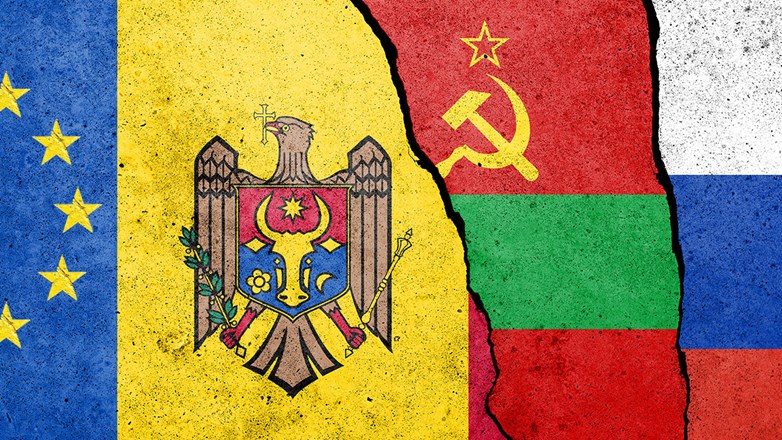Moldova's EU dream faces a tough test: The unresolved issue of Transnistria
Moldova’s economic progress meets a unique political obstacle
Moldova, with a small population and one of the lowest GDP in Eastern Europe, has worked hard to reform and align with EU standards, especially since obtaining EU candidate status in 2023. However, a major issue related to the Transnistrian region, which is strongly influenced by Russia, remains unsolved.
The policy brief emphasizes that although Transnistria is heavily influenced by Russia, its economy is significantly tied to Moldova and the EU, particularly in trade. This creates a complicated situation for Moldova as it seeks EU integration while managing a region that operates under Russian military and political control.
Key issues
- Transnistria’s economy is integrated with the EU: Over 80% of Transnistria's exports go to the EU and Moldova despite its political ties with Russia.
- Moldova's gas reliance on Russia complicates EU ambitions: Both Moldova and Transnistria rely on heavily subsidized Russian gas, and Moldova faces challenges if it shifts to market-priced energy sources.
- Economic control over Transnistria remains complex: Moldova manages part of Transnistria's exports, but the region’s energy and fiscal systems remain deeply tied to Russia, particularly through gas debts owed to Gazprom.
Read the full policy brief to learn more
Meet the author
- Anna Anisimova, Research Assistant at the Stockholm Institute of Transition Economics (SITE)
The policy brief was published by the Stockholm Institute of Transition Economics (SITE) in October 2024.
Photo: Tomas Ragina, Shutterstock (edited and modified)




